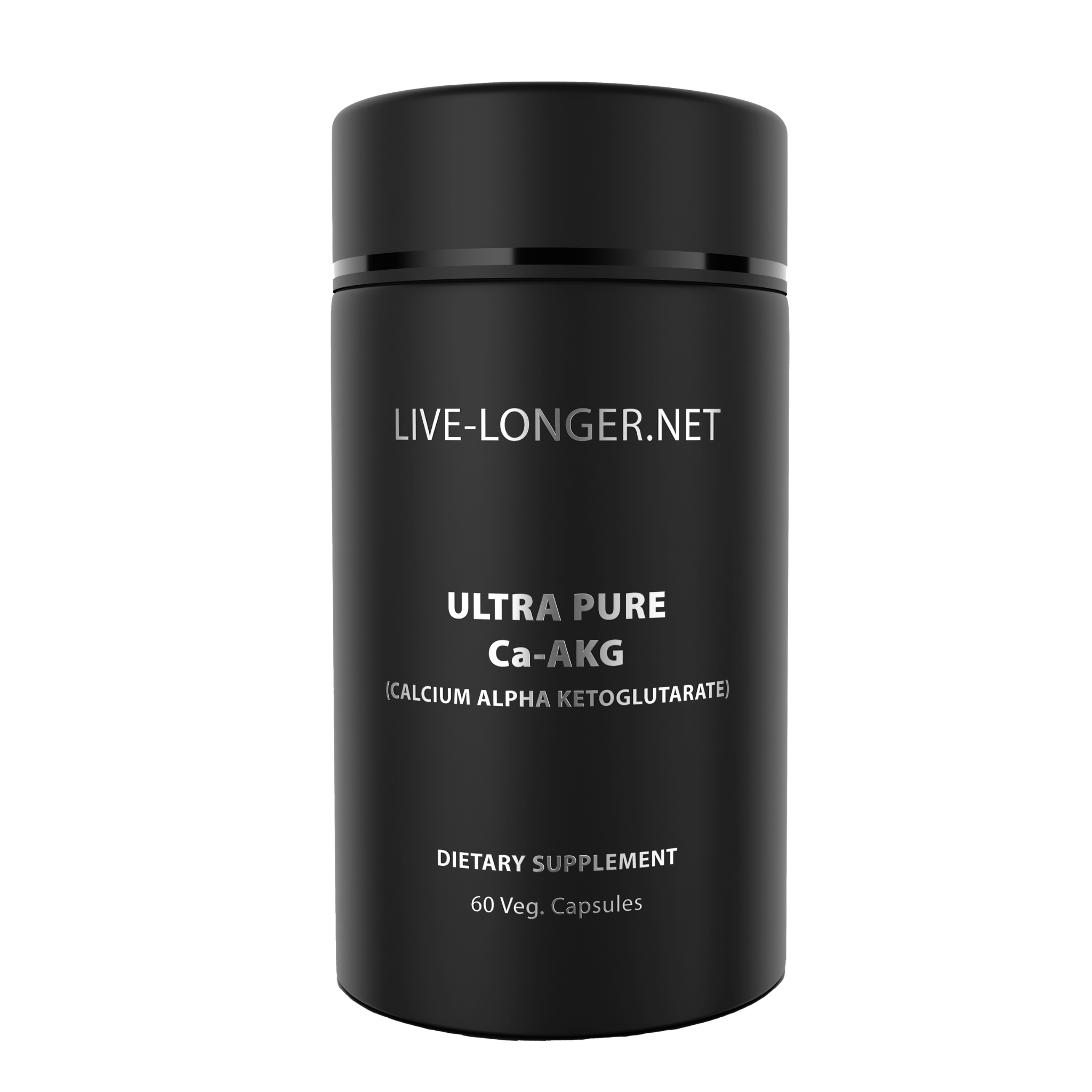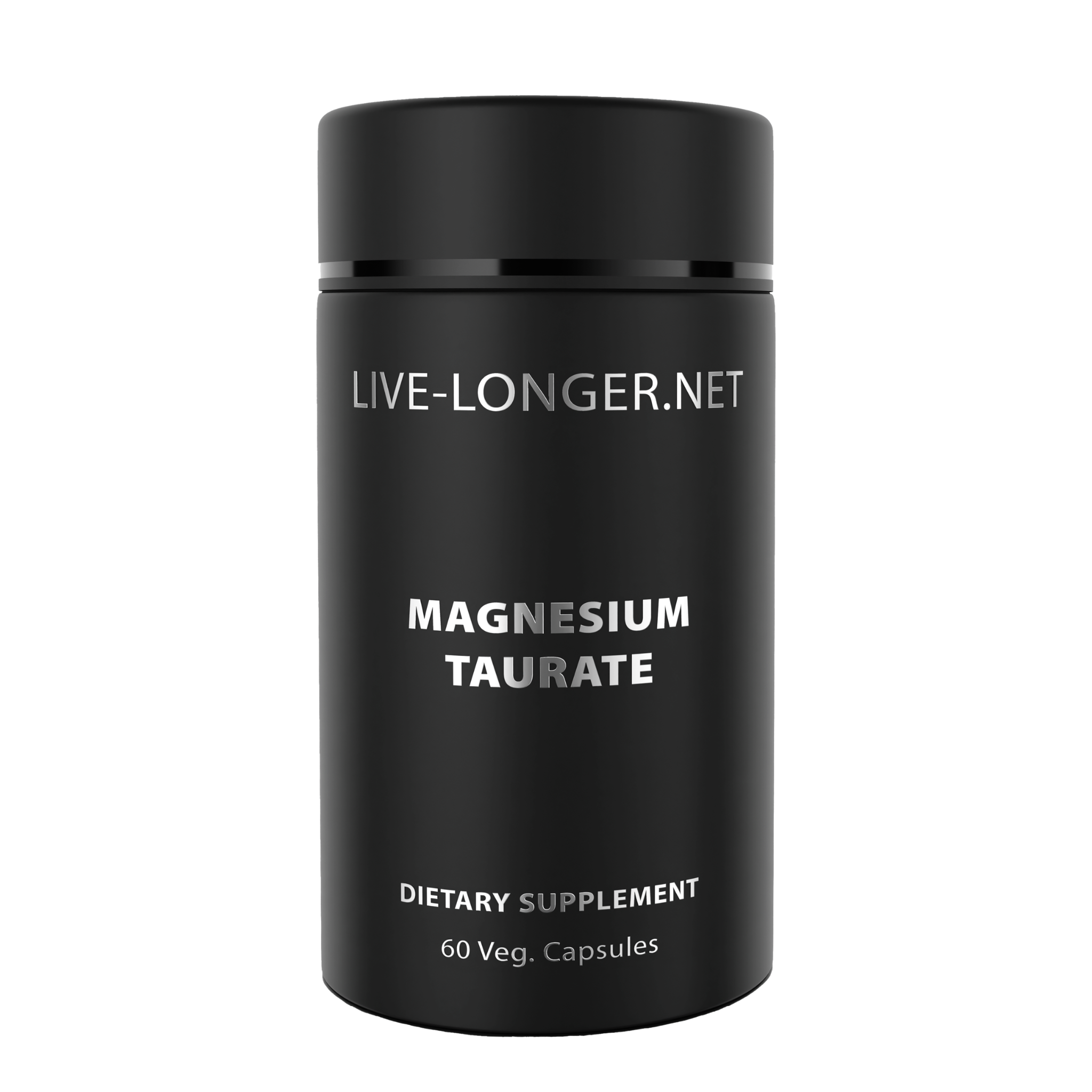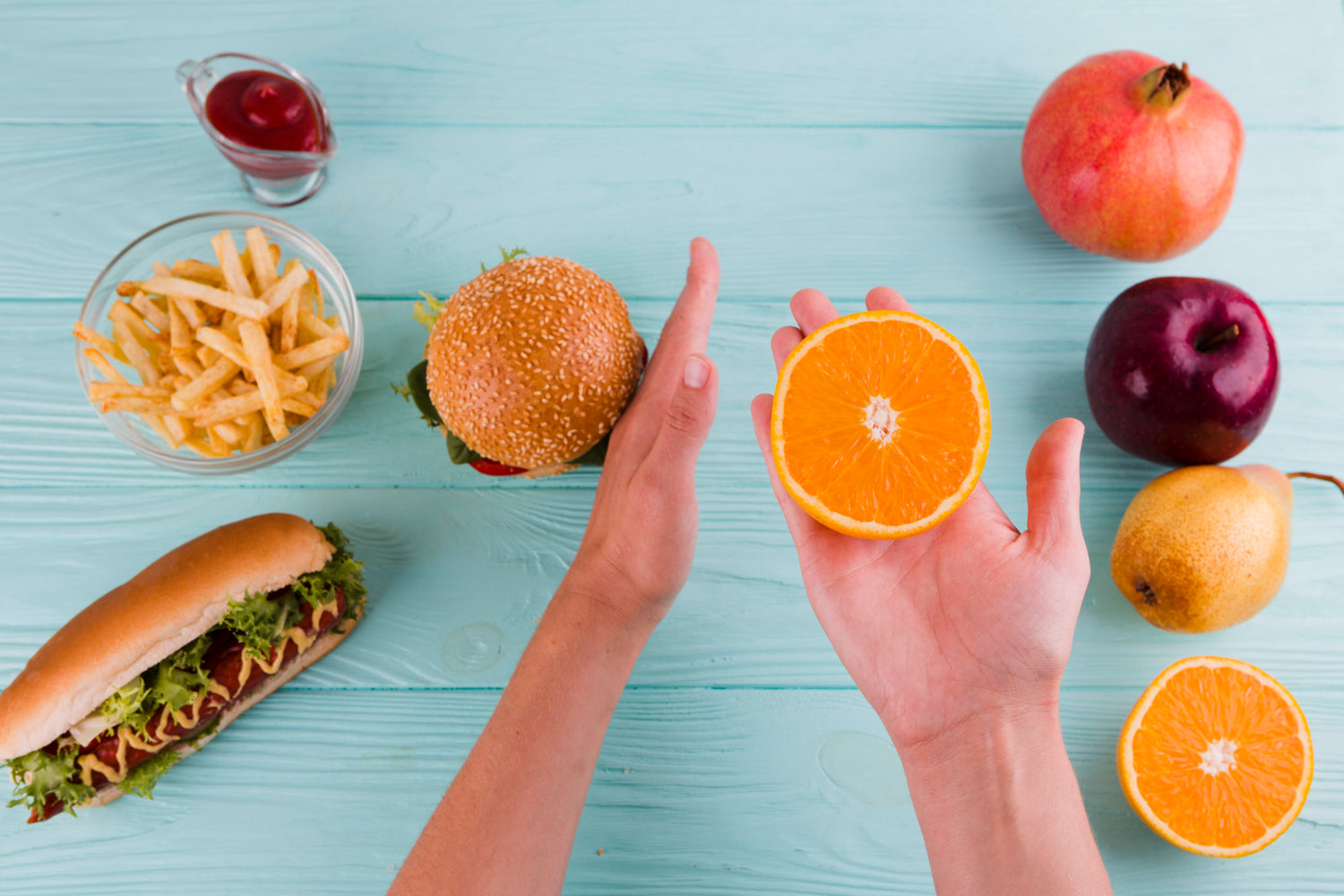Diabetes is a growing concern worldwide, affecting millions of people. Whether it's Type 1 diabetes, where the body doesn't produce insulin, or Type 2 diabetes, where the body can't use insulin properly, managing blood sugar levels is crucial for preventing serious health complications. But blood sugar control doesn't just come from medication—there are natural ways to support healthy glucose levels, too.
In recent years, many people have turned to natural supplements to help balance their blood sugar. These supplements offer a way to support the body's ability to regulate glucose without relying solely on medication. But with so many options available, it can be overwhelming to know where to start.
This article aims to provide a clear and simple guide to managing blood sugar naturally, focusing on the best supplements for diabetes support. We'll explore different strategies for both Type 1 and Type 2 diabetes and look into the top supplements that have been shown to promote better glucose control.
Blood Sugar Balance and Its Role in Diabetes
Blood sugar, or glucose, is the body's primary source of energy. Every time we eat, especially foods containing carbohydrates, our body breaks them down into glucose, which enters the bloodstream (1).
From here, the hormone insulin, produced by the pancreas, steps in. Insulin helps cells absorb glucose from the blood to use as energy or store for later use (2).
But when this process doesn't work properly, it can lead to diabetes.
Type 1 Diabetes
In Type 1 diabetes, the body doesn't produce insulin at all. This means that people with Type 1 diabetes need to take insulin daily to manage their blood sugar. Without insulin, blood sugar levels rise dangerously high, which can cause immediate health risks (3).
Type 2 Diabetes
For those with Type 2 diabetes, the body either doesn't produce enough insulin or the cells become resistant to its effects. This is called insulin resistance, and it leads to elevated blood sugar levels (4). Over time, high blood sugar can damage blood vessels, nerves, and organs. This is why managing glucose levels is critical for preventing long-term complications like heart disease, kidney damage, and vision problems (5).
In fact, balancing blood sugar involves more than just managing insulin. For people with diabetes, blood sugar can fluctuate for many reasons—what you eat, how active you are, stress, illness, and even sleep patterns. This makes it important to take a holistic approach to managing glucose levels, combining diet, exercise, and sometimes medications or supplements.
Even if you don't have diabetes, maintaining stable blood sugar is important for energy, focus, and preventing issues like weight gain and metabolic syndrome (6).
Different Ways to Have Good Glucose Control
Managing diabetes can feel like a full-time job, but with the right strategies, it's possible to keep blood sugar levels in check and live a healthy, active life.
Dietary Strategies
Food is one of the biggest influences on blood sugar levels. For people with diabetes, balancing carbohydrates is key. Carbohydrates are quickly broken down into glucose, causing blood sugar levels to rise. Eating too many carbs at once can lead to a spike in blood sugar, so it's important to spread carb intake throughout the day.
A healthy eating plan for Type 1 diabetes often includes:
- Low glycemic index (GI) foods: These foods, like whole grains, beans, and most vegetables, are digested slowly, leading to a more gradual rise in blood sugar (7).
- High-fiber foods: Fiber helps slow the absorption of sugar, promoting more stable blood sugar levels. Fruits, vegetables, and legumes are great sources of fiber (8).
- Protein-rich foods: Including lean meats, eggs, and plant-based proteins can help with blood sugar control by reducing spikes after meals (9).
Additionally, learning to count carbohydrates and match insulin doses to carb intake is a critical skill for managing Type 1 diabetes. This strategy, known as carb counting, helps people estimate how much insulin they need to take before meals.
Exercise and Physical Activity
Staying active is another important part of blood sugar management for Type 1 diabetes. Exercise can help lower blood sugar levels and keep them stable over time (10).
However, it's important to monitor blood sugar closely during and after exercise, as physical activity can cause both drops (hypoglycemia) and rises (hyperglycemia).
Tips for exercising with Type 1 diabetes:
- Monitor blood sugar before, during, and after exercise to ensure it's in a safe range.
- Carry quick-acting carbs, like glucose tablets or juice, in case of low blood sugar during workouts.
- Talk to your healthcare provider about adjusting your insulin dose or carb intake on exercise days.
Insulin Therapy and Blood Sugar Monitoring for Type 1 Diabetes
For people with Type 1 diabetes, insulin therapy is non-negotiable. The body doesn't produce insulin, so it must be supplied through injections or an insulin pump. Managing insulin doses is essential to keeping blood sugar within target ranges.
There are several types of insulin, and many people with Type 1 diabetes use a combination of (11):
- Basal insulin: A long-acting insulin that keeps blood sugar stable throughout the day and night.
- Bolus insulin: A rapid-acting insulin taken at mealtimes to cover the carbs consumed.
In addition to insulin therapy, blood sugar monitoring is critical. Whether using a traditional blood glucose meter or a continuous glucose monitor (CGM), frequent checks help track trends and prevent dangerous highs and lows.
Medications for Type 2 Diabetes
While lifestyle changes are essential, some people with Type 2 diabetes may need medication to help manage their blood sugar.
Metformin is often the first-line medication prescribed because it helps the body use insulin more effectively and reduces the amount of glucose produced by the liver (12).
Other medications, like sulfonylureas and GLP-1 receptor agonists, may also be used, depending on individual needs (13).
It's important to work closely with a healthcare provider to find the right treatment plan. Often, medications are combined with diet and exercise for the best results.
Supplements to Manage Blood Sugar Levels
While diet and exercise form the foundation of good glucose control, many people with diabetes turn to natural supplements for extra support.
Some supplements have been studied for their potential to help regulate blood sugar, and while they're not a replacement for medication or lifestyle changes, they can be useful additions to a diabetes management plan.
Here are some top supplements that may help.
Berberine
Berberine is a natural compound found in several plants, and it has gained attention for its ability to help lower blood sugar levels. Research has found that berberine may be as effective as metformin, a common diabetes medication, in lowering blood sugar and improving insulin function (14).
Magnesium Taurate
People with diabetes are often found to have lower magnesium levels, which can contribute to insulin resistance (15). Therefore, magnesium taurate has been shown to support healthy blood sugar levels by improving insulin sensitivity and reducing blood sugar spikes (16).
Apigenin
Apigenin is a naturally occurring flavonoid found in herbs like parsley and chamomile. This compound has anti-inflammatory and antioxidant properties, and emerging research suggests it helps improve insulin sensitivity, making it easier for cells to absorb glucose (17).
Resveratrol
Resveratrol has also been studied for its ability to improve insulin sensitivity and lower blood sugar levels. Some studies suggest that resveratrol helps reduce blood sugar spikes after meals, making it a valuable supplement for those with Type 2 diabetes (18).
How to Choose the Best Blood Sugar Supplement for Your Needs?
Here are some tips to help you make the best choice.
Before adding any new supplement to your routine, it's crucial to talk to your doctor or healthcare provider. This is especially important if you're taking medications for diabetes, as some supplements can interact with prescription drugs.
Not all supplements are created equal. When choosing a supplement, it's important to select a product from a reputable brand that adheres to good manufacturing practices (GMP).
Every supplement has a recommended dosage, and it's important to follow these guidelines carefully. Taking too little may not give you the desired results, and taking too much could lead to side effects.
The Bottom Line
Managing blood sugar naturally requires a comprehensive approach, combining diet, exercise, and supplements. While supplements like berberine, magnesium taurate, apigenin, and resveratrol can provide extra support, they work best when integrated into a healthy lifestyle.
It's important to consult with your healthcare provider before adding any new supplement to your routine and to monitor your blood sugar regularly to track progress.
By taking control of your health and choosing the right strategies, you can balance your blood sugar and manage diabetes more effectively, leading to a healthier, more fulfilling life.
References
- Holesh JE, Martin A, Aslam S. Physiology, Carbohydrates [Internet]. Nih.gov. StatPearls Publishing; 2023. Available from: https://www.ncbi.nlm.nih.gov/books/NBK459280/
- Rahman S. Role of insulin in health and disease: An update. International Journal of Molecular Sciences [Internet]. 2021 Jun 15;22(12):6403. Available from: https://www.ncbi.nlm.nih.gov/pmc/articles/PMC8232639/
- Lucier J, Weinstock RS. Diabetes Mellitus Type 1 [Internet]. Nih.gov. StatPearls Publishing; 2023. Available from: https://www.ncbi.nlm.nih.gov/books/NBK507713/
- Wilcox G. Insulin and Insulin Resistance. The Clinical Biochemist Reviews [Internet]. 2005 May;26(2):19–39. Available from: https://www.ncbi.nlm.nih.gov/pmc/articles/PMC1204764/
- Farmaki P, Damaskos C, Garmpis N, Garmpi A, Savvanis S, Diamantis E. Complications of the Type 2 Diabetes Mellitus. Current Cardiology Reviews [Internet]. 2020;16(4):249–51. Available from: https://www.ncbi.nlm.nih.gov/pmc/articles/PMC7903505/
- Magkos F, Yannakoulia M, Chan JL, Mantzoros CS. Management of the Metabolic Syndrome and Type 2 Diabetes Through Lifestyle Modification. Annual review of nutrition [Internet]. 2009;29:223–56. Available from: https://www.ncbi.nlm.nih.gov/pmc/articles/PMC5653262/
- Eleazu CO. The concept of low glycemic index and glycemic load foods as panacea for type 2 diabetes mellitus; prospects, challenges and solutions. African Health Sciences [Internet]. 2016 Jul 1;16(2):468. Available from: https://www.ncbi.nlm.nih.gov/pmc/articles/PMC4994556/
- Gray A, Threlkeld RJ. Nutritional recommendations for individuals with diabetes [Internet]. Nih.gov. MDText.com, Inc.; 2024. Available from: https://www.ncbi.nlm.nih.gov/books/NBK279012/
- Comerford K, Pasin G. Emerging Evidence for the Importance of Dietary Protein Source on Glucoregulatory Markers and Type 2 Diabetes: Different Effects of Dairy, Meat, Fish, Egg, and Plant Protein Foods. Nutrients [Internet]. 2016 Jul 23 [cited 2019 Nov 9];8(8):446. Available from: https://www.mdpi.com/2072-6643/8/8/446/htm
- Colberg SR, Sigal RJ, Yardley JE, Riddell MC, Dunstan DW, Dempsey PC, et al. Physical activity/exercise and diabetes: A position statement of the american diabetes association. Diabetes Care [Internet]. 2016 Oct 11;39(11):2065–79. Available from: https://diabetesjournals.org/care/article/39/11/2065/37249/Physical-Activity-Exercise-and-Diabetes-A-Position
- Donner T, Sarkar S. Insulin – Pharmacology, Therapeutic Regimens, and Principles of Intensive Insulin Therapy [Internet]. Nih.gov. MDText.com, Inc.; 2023. Available from: https://www.ncbi.nlm.nih.gov/books/NBK278938/
- Baker C, Retzik-Stahr C, Singh V, Plomondon R, Anderson V, Rasouli N. Should metformin remain the first-line therapy for treatment of type 2 diabetes? Therapeutic Advances in Endocrinology and Metabolism [Internet]. 2021 Jan 13;12(12):204201882098022. Available from: https://www.ncbi.nlm.nih.gov/pmc/articles/PMC7809522/
- Feingold KR. Oral and Injectable (Non-insulin) Pharmacological Agents for Type 2 Diabetes [Internet]. Feingold KR, Anawalt B, Boyce A, Chrousos G, Dungan K, Grossman A, et al., editors. PubMed. South Dartmouth (MA): MDText.com, Inc.; 2022. Available from: https://www.ncbi.nlm.nih.gov/books/NBK279141/
- Wang H, Zhu C, Ying Y, Luo L, Huang D, Luo Z. Metformin and berberine, two versatile drugs in treatment of common metabolic diseases. Oncotarget [Internet]. 2017 Sep 11;9(11):10135–46. Available from: https://www.ncbi.nlm.nih.gov/pmc/articles/PMC5839379/
- Chutia H, Lynrah K. Association of serum magnesium deficiency with insulin resistance in Type 2 diabetes mellitus. Journal of Laboratory Physicians [Internet]. 2015 [cited 2024 Sep 12];7(2):75. Available from: https://www.ncbi.nlm.nih.gov/pmc/articles/PMC4559632/
- ELDerawi W, Naser I, Taleb M, Abutair A. The Effects of Oral Magnesium Supplementation on Glycemic Response among Type 2 Diabetes Patients. Nutrients [Internet]. 2018 Dec 26;11(1):44. Available from: https://www.ncbi.nlm.nih.gov/pmc/articles/PMC6356710/
- Jung U, Cho YY, Choi MS. Apigenin Ameliorates Dyslipidemia, Hepatic Steatosis and Insulin Resistance by Modulating Metabolic and Transcriptional Profiles in the Liver of High-Fat Diet-Induced Obese Mice. Nutrients [Internet]. 2016 May 19 [cited 2024 Sep 12];8(5):305. Available from: https://www.ncbi.nlm.nih.gov/pmc/articles/PMC4882717/
- Mahjabeen W, Khan DA, Mirza SA. Role of resveratrol supplementation in regulation of glucose hemostasis, inflammation and oxidative stress in patients with diabetes mellitus type 2: A randomized, placebo-controlled trial. Complementary Therapies in Medicine [Internet]. 2022 Jun;66:102819. Available from: https://www.sciencedirect.com/science/article/pii/S0965229922000218









